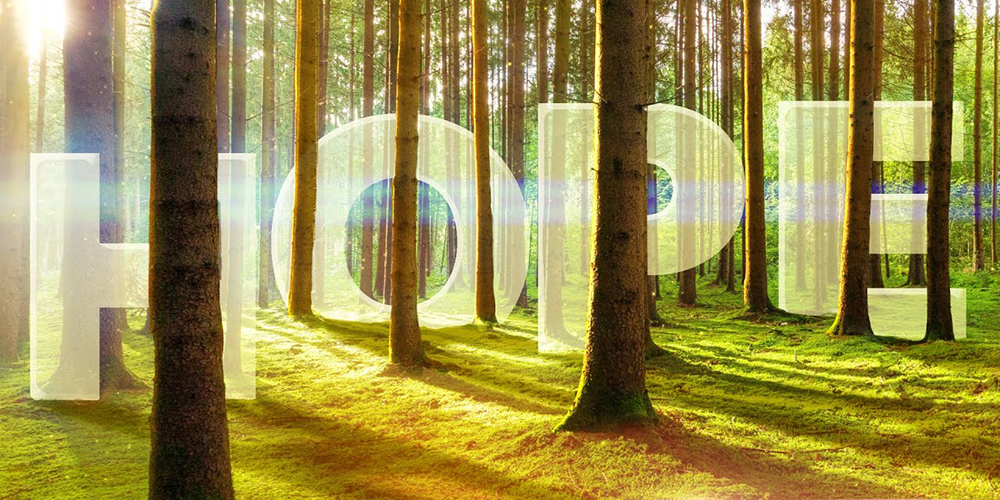
The latest Global Science TV episode encourages us to think big for the future of society in post-pandemic times. If this video inspired you, share it with people you know and feel free to embed the video on your site.
As the effects of COVID-19 are being felt around the world, now is the time to think about what kind of society we want to see recover from the pandemic. In particular, it’s time to ask how the faultlines that have been laid bare by the crisis – such as inequality, poverty, and the unjust and avoidable differences in people’s health – can be addressed for the long term.
As host Nuala Hafner puts it: “surely we can’t just carry on as if nothing’s happened”.
We hear from Melissa Leach, Director of the Institute of Development Studies, and Next Einstein Forum Fellow Tolullah Oni.
“Dealing with a health emergency reminds us about the things that are important to prepare for and respond to emergencies of all kinds. We’re moving into a world which is going to be more disrupted, and where resilience, I think, will be a key watch word”.
Melissa Leach
Melissa Leach, who was Lead Social Scientist in the World Health Organization response the 2014-16 Ebola outbreak, argues that we’re seeing an appetite for social change, noting how communities have pulled together to take action at a local level. She calls for a future in which:
“inequality is back to the centre stage of how our societies think and act and make policy”.
As urban epidemiologist Tolullah Oni reminds viewers:
“We’re here as custodians of this planet and custodians of each other.”
This episode of Global Science TV draws on two longer interviews with Leach and Oni, which you can find below. The full-length interviews are richly textured with ideas for the kind of action we need in order to build back better, and evidence from research around the world. They highlight the crucial role of the social sciences in understanding how emergencies such as the COVID-19 crisis affect our societies, and how recovery will depend on deep reflection about the ways society is structured, and how people behave and relate to each other and to the environment around them.
Get the latest Global Science TV episodes in your inbox by subscribing to the YouTube channel.